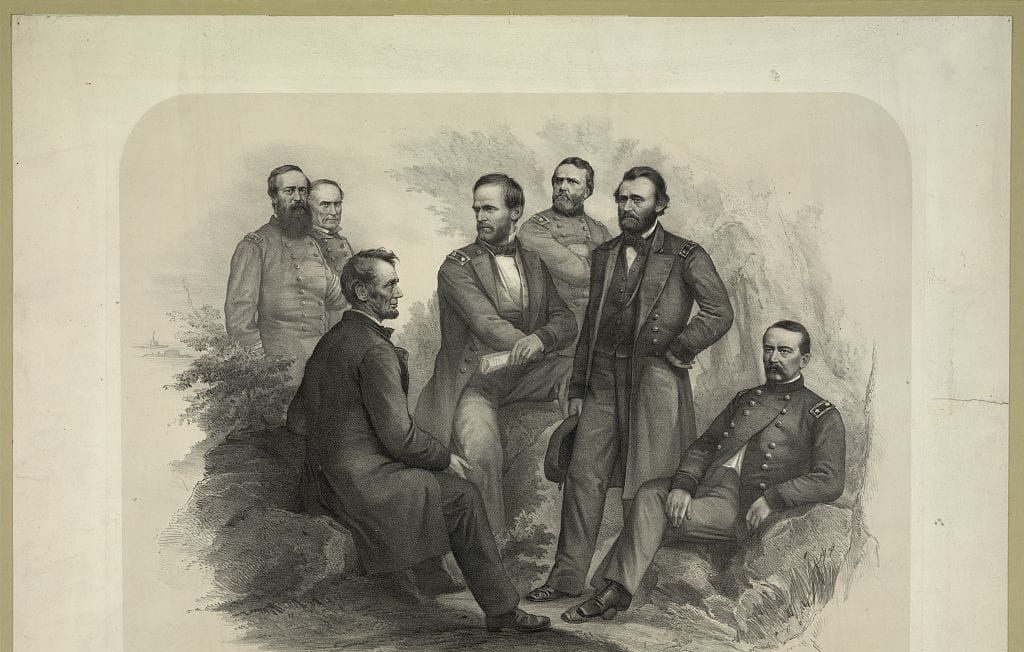Introduction
Nestled among the complete speeches and writings of Abraham Lincoln are several fragments, or brief notes, that represent Lincoln’s thoughts on a variety of issues. Some of these carefully prepared fragments eventually found their way into major speeches, while others did not. Likely written sometime during the four months between his election on November 6, 1860 and his inauguration on March 4, 1861, this particular fragment expresses what must have been on Lincoln’s mind as the nation stood on the precipice of Civil War. Drawing inspiration from the Bible, specifically Proverbs 25:11, Lincoln reflects that the Union and the Constitution are a “picture of silver” framed around the principle of liberty to all, or an “apple of gold,” from the Declaration of Independence. From this, Lincoln seems to have chartered his course for the coming struggle. In focusing on the connection between the Declaration and Constitution, Lincoln was focusing on what was in the deepest sense the cause of the Civil War. The nation was divided over how to understand the connection between its two founding documents, the Declaration and Constitution. Was the latter and popular sovereignty or the will of the people an authority in its own right? Or did its authority derive from the Declaration’s assertion of human equality and thus liberty for all?
—Jason W. Stevens
Source: New Letters and Papers of Lincoln, compiled by Paul M. Angle (Boston: Houghton Mifflin Company, 1930), 240–241, https://catalog.hathitrust.org/Record/000318262.
All this is not the result of accident. It has a philosophical cause. Without the Constitution and the Union, we could not have attained the result; but even these are not the primary cause of our great prosperity. There is something back of these, entwining itself more closely about the human heart. That something is the principle of “liberty to all”—the principle that clears the path for all—gives hope to all—and by consequence, enterprise, and industry to all.
The expression of that principle, in our Declaration of Independence, was most happy and fortunate. Without this, as well as with it, we could have declared our independence of Great Britain; but without it, we could not, I think, have secured our free government and consequent prosperity. No oppressed people will fight and endure, as our fathers did, without the promise of something better than a mere change of masters.
The assertion of that principle, at that time, was the word “fitly spoken” which has proved an “apple of gold” to us. The Union and the Constitution are the picture of silver, subsequently framed around it. The picture was made not to conceal or destroy the apple but to adorn, and preserve it. The picture was made for the apple—not the apple for the picture.
So let us act, that neither picture or apple shall ever be blurred or bruised or broken.
That we may so act, we must study, and understand the points of danger.









































































































































































































